10 rules and laws that the royal family is allowed to break
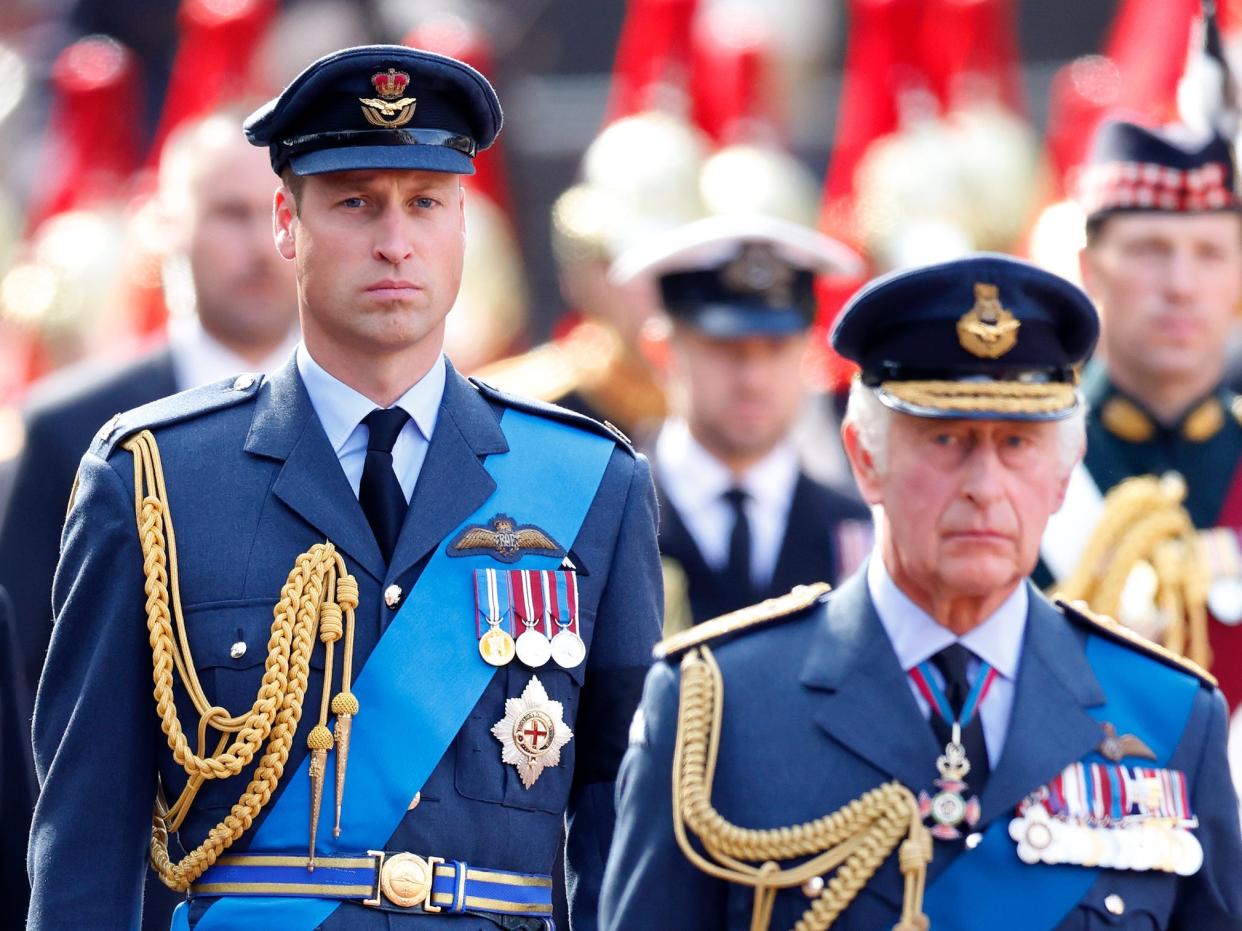
- Oops!Something went wrong.Please try again later.
- Oops!Something went wrong.Please try again later.
- Oops!Something went wrong.Please try again later.
- Oops!Something went wrong.Please try again later.
- Oops!Something went wrong.Please try again later.
The royal family is required to follow an extensive list of rules and pieces of royal protocol.
However, King Charles and his family members also enjoy a number of royal perks.
They're exempt from things like taxes and jury duty, and the king is allowed to break any law.
The British monarch can't be arrested or be the subject of civil and criminal proceedings, meaning he is effectively exempt from the law.
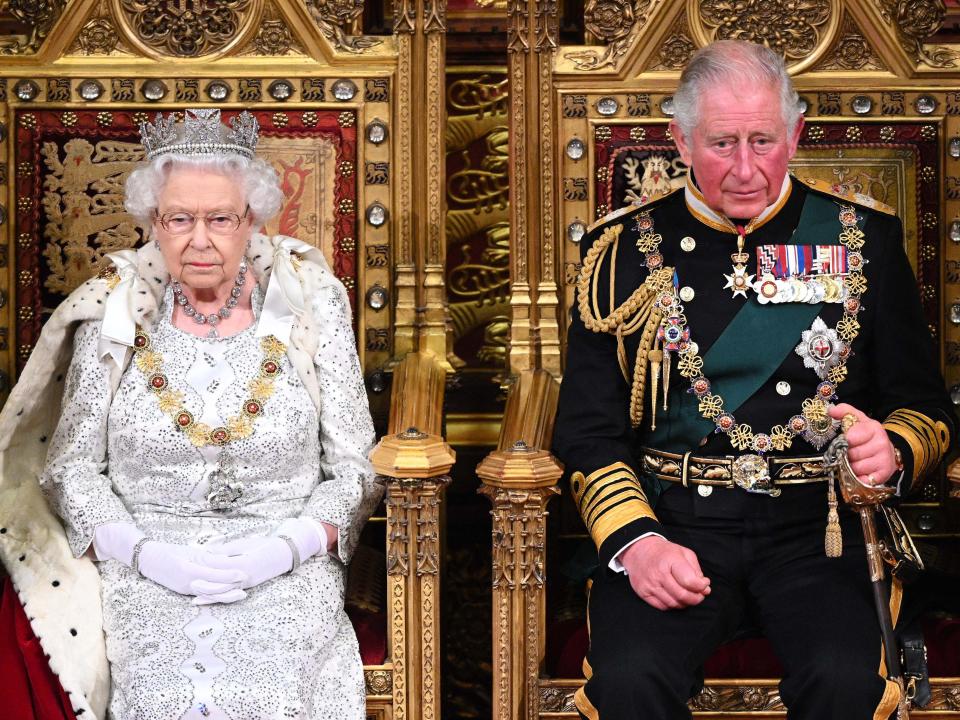
King Charles enjoys sovereign immunity, meaning he can't be prosecuted under a civil or criminal investigation.
This rule also applied to the late Queen Elizabeth II. According to previous guidance on the royal family's official website, "although civil and criminal proceedings cannot be taken against the Sovereign as a person under UK law," Queen Elizabeth was careful to ensure that activities in her personal capacity were carried out in strict accordance with the law.
The royal family does not have to obey legal speed limits, but only when they're driven by police on official royal duties.
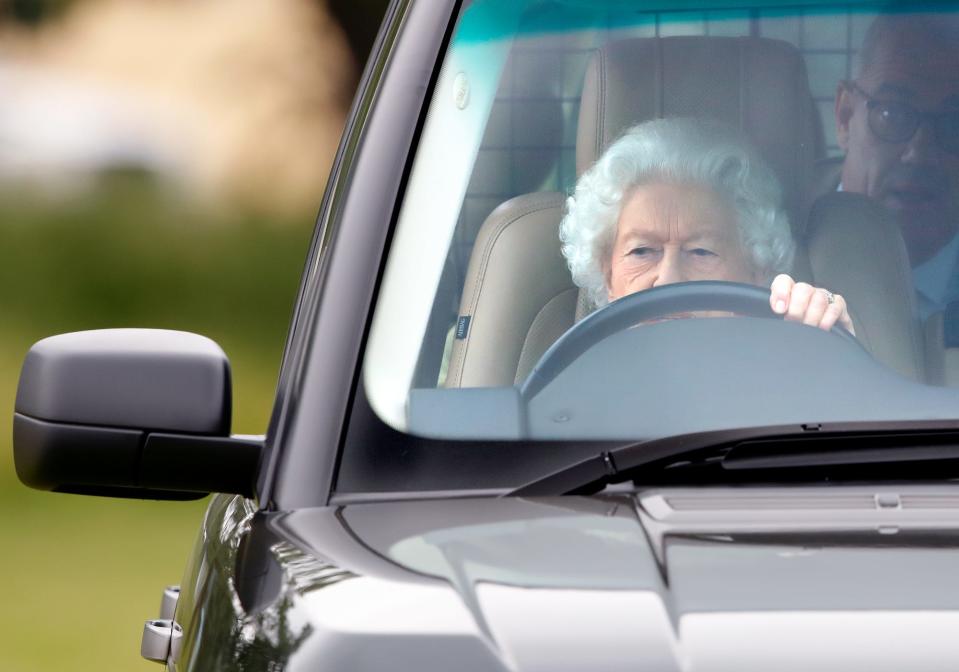
When the king, prime minister, and other members of the royal family are driven by police officers on official royal business, they can drive as fast or as slow as they please.
According to The Sun, the Road Traffic Regulation Act gives permission for police, fire, ambulance, and other enforcement agency vehicles to break speed limits. Since the royals are always driven by police escorts while completing royal duties, their vehicles are exempt from following speed regulations.
Queen Elizabeth didn't have to use a passport to travel, and this is likely to also be true for King Charles.
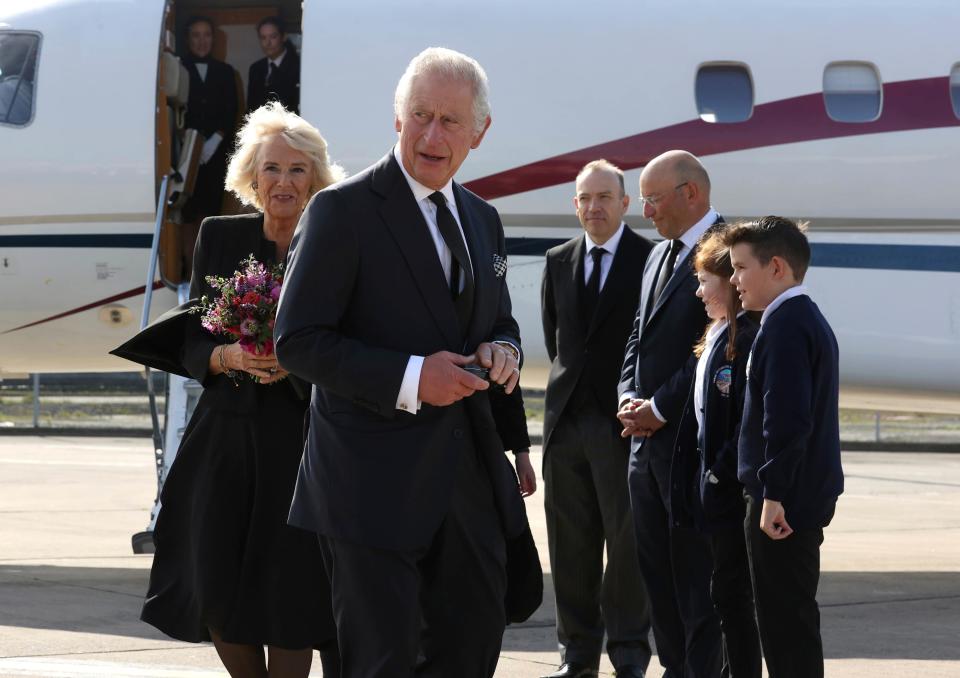
Every passport in the United Kingdom is issued with the monarch's name. As a consequence, Queen Elizabeth didn't need her own passport to travel, according to the royal family website.
Following her death, new passports are being altered to reflect King Charles as the new sovereign, the Evening Standard reported in February. Passports with Queen Elizabeth's name will still be valid until their expiry date, the publication added.
All other members of the royal family hold their own passports, the royal family website adds.
Her Majesty was never required to have a driver's license.
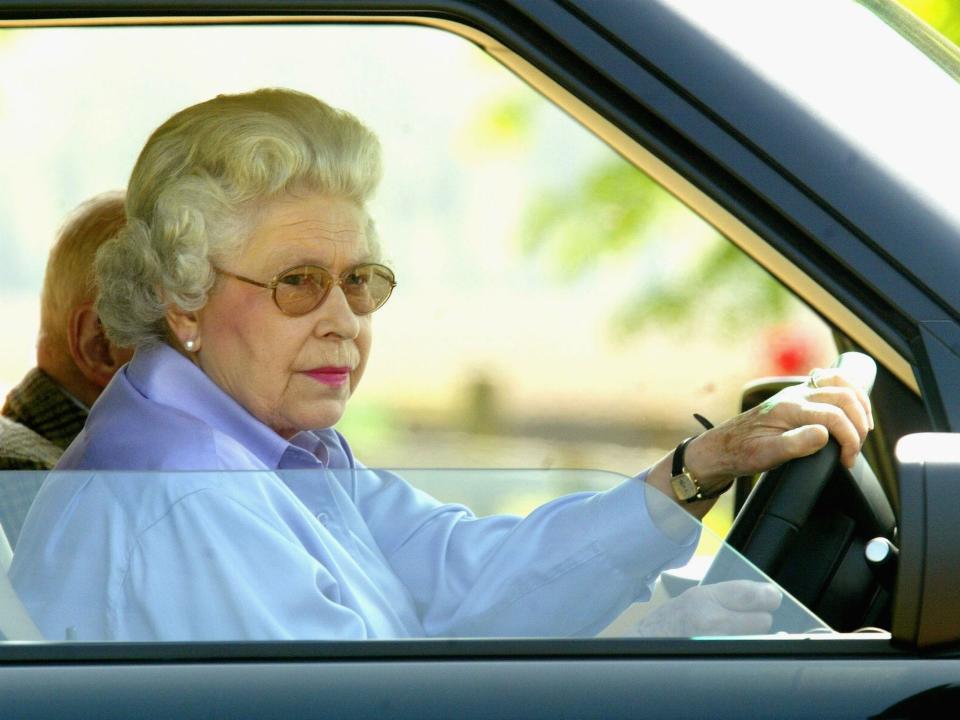
At the age of 18, Queen Elizabeth trained as a driver and mechanic for the Women's Auxiliary Territorial Service during World War II.
She was never required to take an actual driving test and was also able to drive without a number plate because all driver's licenses in the UK are issued in the monarch's name, according to the Daily Express.
The Mirror reports King Charles is no longer required to use a driver's license because he is the new monarch.
The royals don't have to use their legal last names.
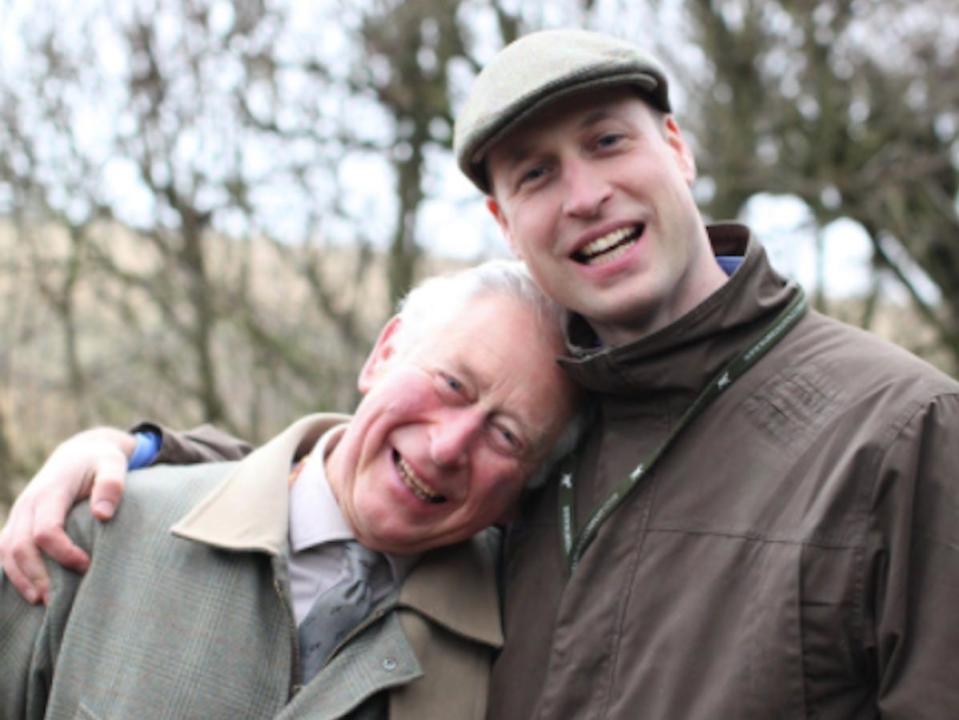
The royals are not required to use their legal last names, even though they technically do have one.
Before 1917, members of the British royal family had no surname, but now, the male-line descendants of Queen Elizabeth and Prince Philip bear the last name Mountbatten-Windsor, according to the royal family website.
While regular grandparents have to go through the courts if they want custody of their grandchildren, the king has automatic legal custody of all of his descendants and his minor grandchildren.
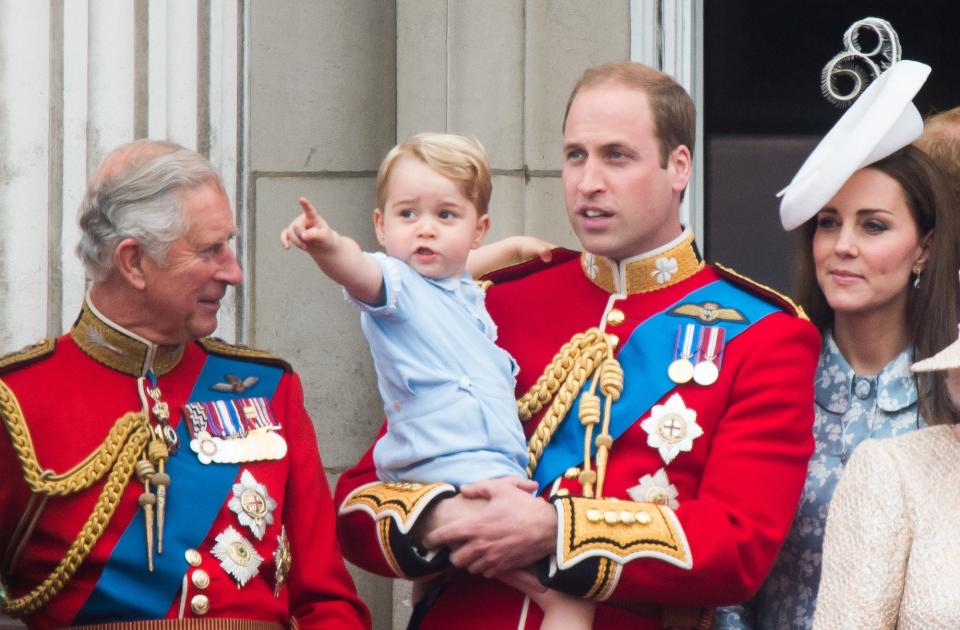
The monarch has legal custody of their grandchildren, royal historian Marlene Koenig told News.com.au. in 2018.
This means Charles technically has custody of Prince William and Kate Middleton's three children, Prince George, Prince Charlotte, and Prince Louis, and Meghan Markle and Prince Harry's children, Prince Archie and Princess Lilibet.
This 300-year-old rule may seem odd, and though it's unlikely the king would ever take his grandchildren away from their parents, the law is still technically there.
Members of the royal family are exempt from paying taxes in certain instances.
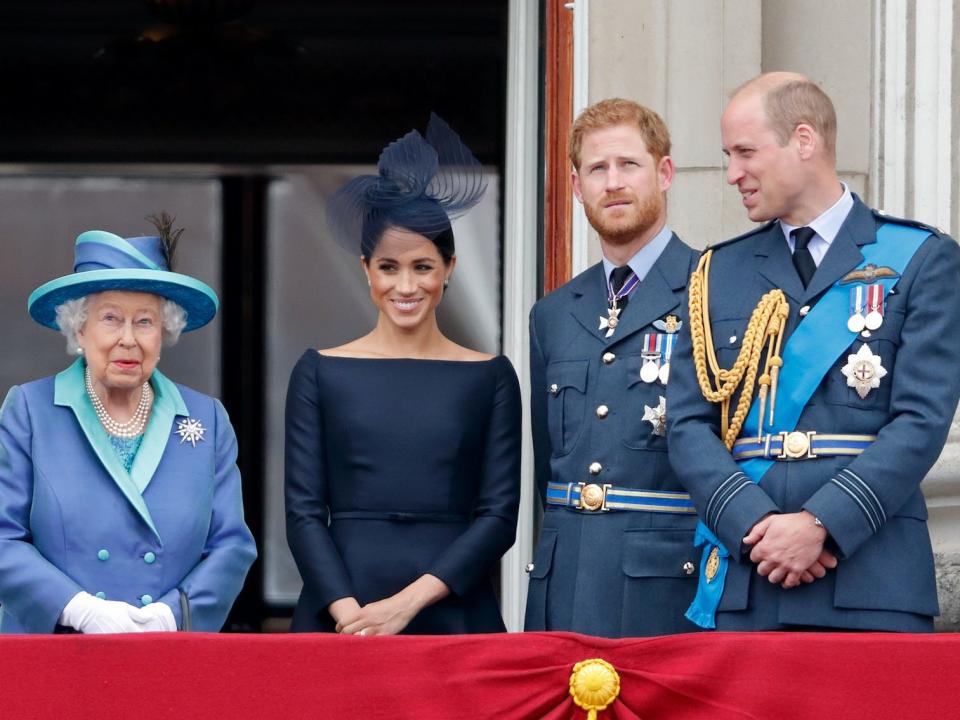
Though the monarch is not legally required to pay taxes, Queen Elizabeth made voluntary payments on income, assets, and gains not used for official purposes, Insider previously reported.
King Charles would not be expected to pay tax on assets he inherited from his mother, The Guardian reported in September. However, he is expected to follow the late monarch's lead and pay income tax, the publication added.
The royals are also able to skip out on jury duty.
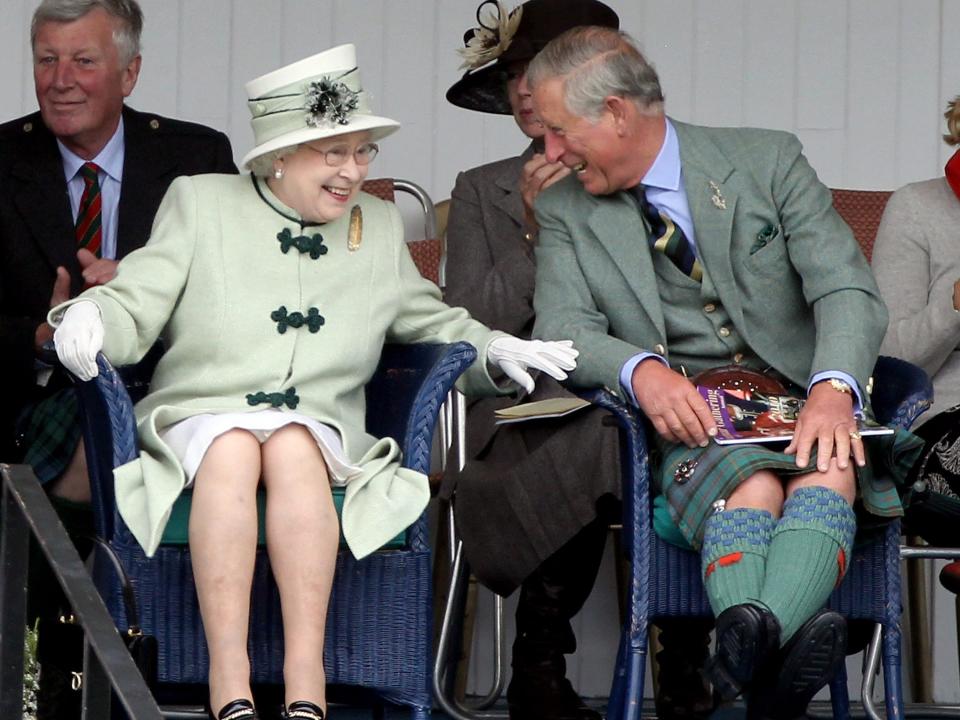
One royal perk is that members of the king's family do not have to take part in jury duty. In normal instances in the United Kingdom, evading jury duty results in a fine of up to £1,000, or around $1,200.
However, for the king and members of his immediate family, jury duty is not required, The Guardian reported.
The monarch typically has two birthdays.
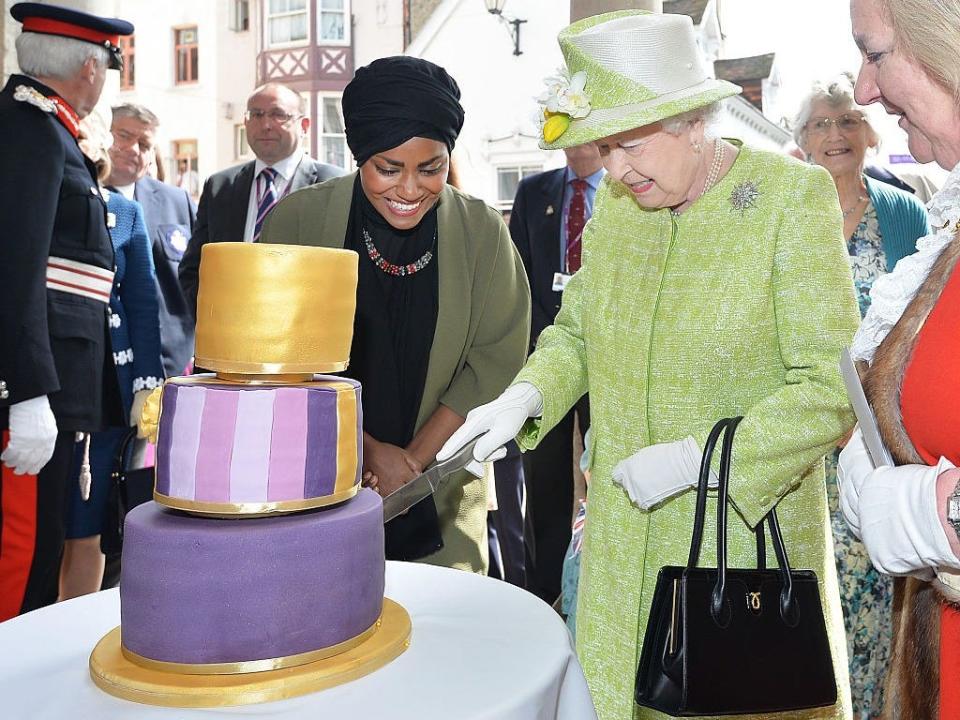
According to the royal family's official website, Queen Elizabeth celebrated two birthdays each year: her actual birthday on April 21 and her official public birthday celebration on the second Saturday in June.
Across generations, sovereign rulers have often held their public birthday celebrations on days other than their actual birthday, especially when their real birth dates fall in the fall or winter. This is in order to increase the likeliness of good weather for the annual Trooping the Colour parade, according to the royal family website.
Since King Charles' birthday is in November, he could follow his mother's lead and have a second celebration in June too, although this is yet to be confirmed.
The monarchy is also exempt from the Freedom of Information Act.
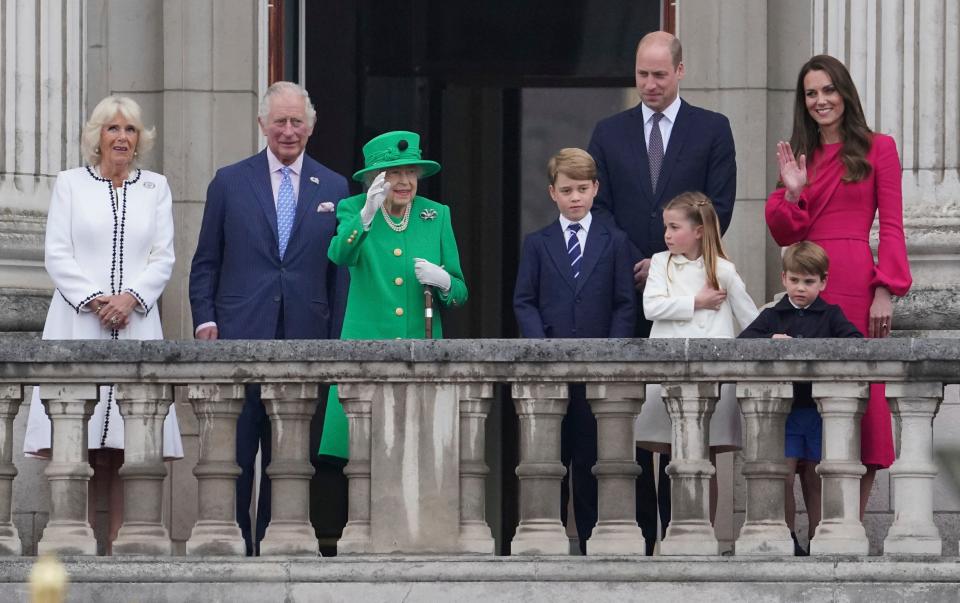
"The Royal Household is not a public authority within the meaning of the FOI Acts, and is therefore exempt from their provisions," according to the royal family website.
This rule allows the royal family to exercise more privacy over their day-to-day duties and financials. For instance, while the royal household releases an annual financial report, the UK public is prevented from accessing detailed information on its spending.
Read the original article on Insider

